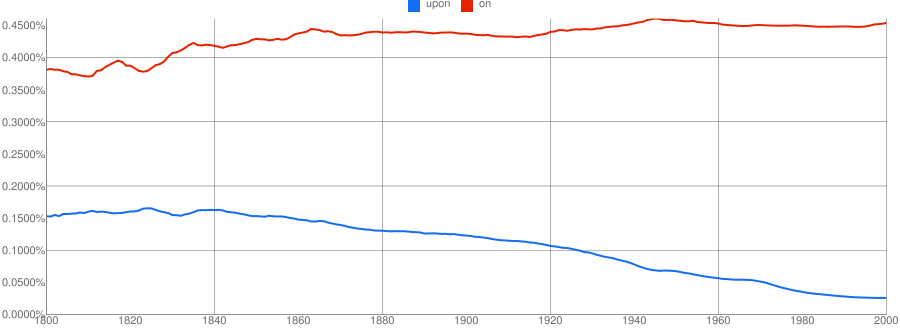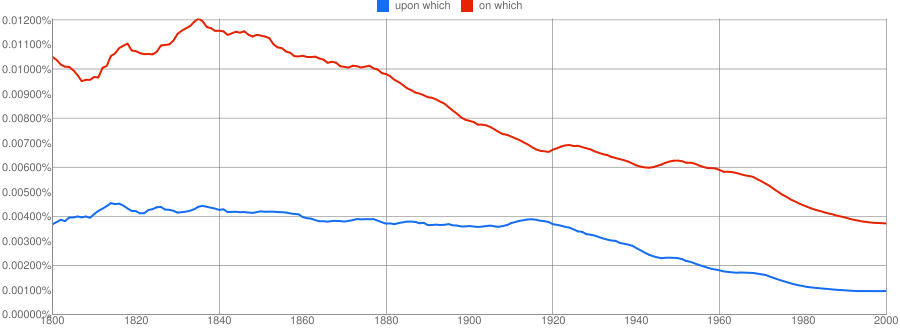I'd probably go with a slight rewording of your sentence:
The company allots the securities on the Despatch Date.
If there is an established convention in the context (document containing this sentence) for the definition of a term, then I'd use that, whether it is quotes, bold or italic. The only objection I can see to this is the slight possibility that the despatch date somehow exists independently of being the date when the company allots the securities, in which case, maybe:
The day the company allots the securites is known as the Despatch Date.
You could even arrange things more:
The Despatch Date is the day when the company allots the securities.
I'm not sure you can leave out 'the day' or something similar without leaving the ambiguity again.


